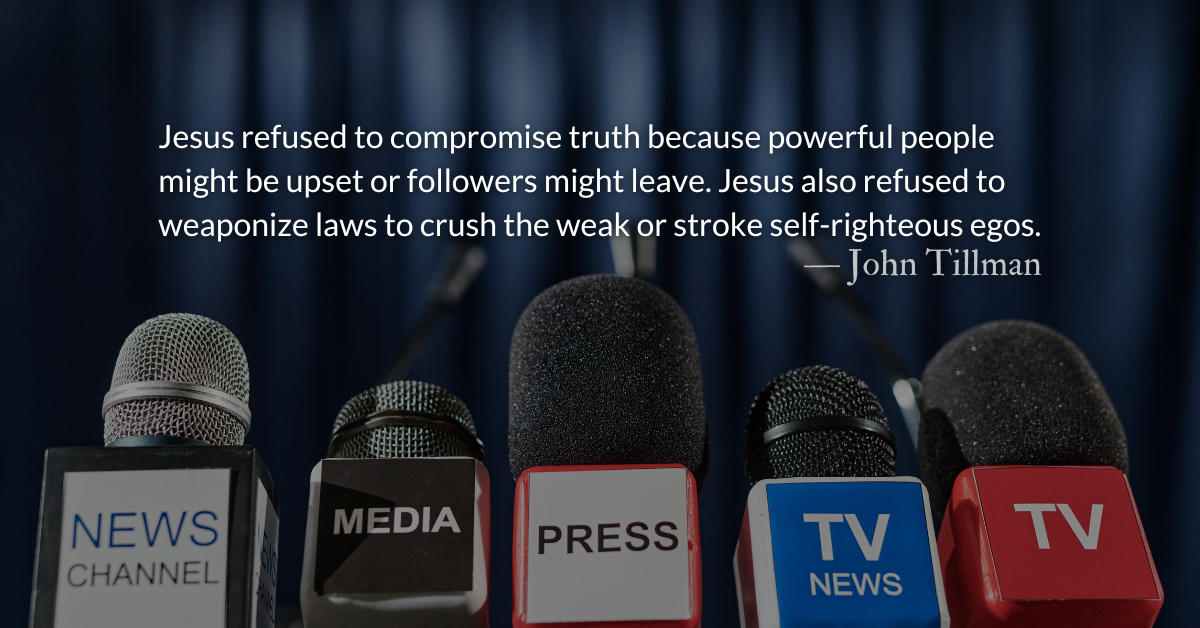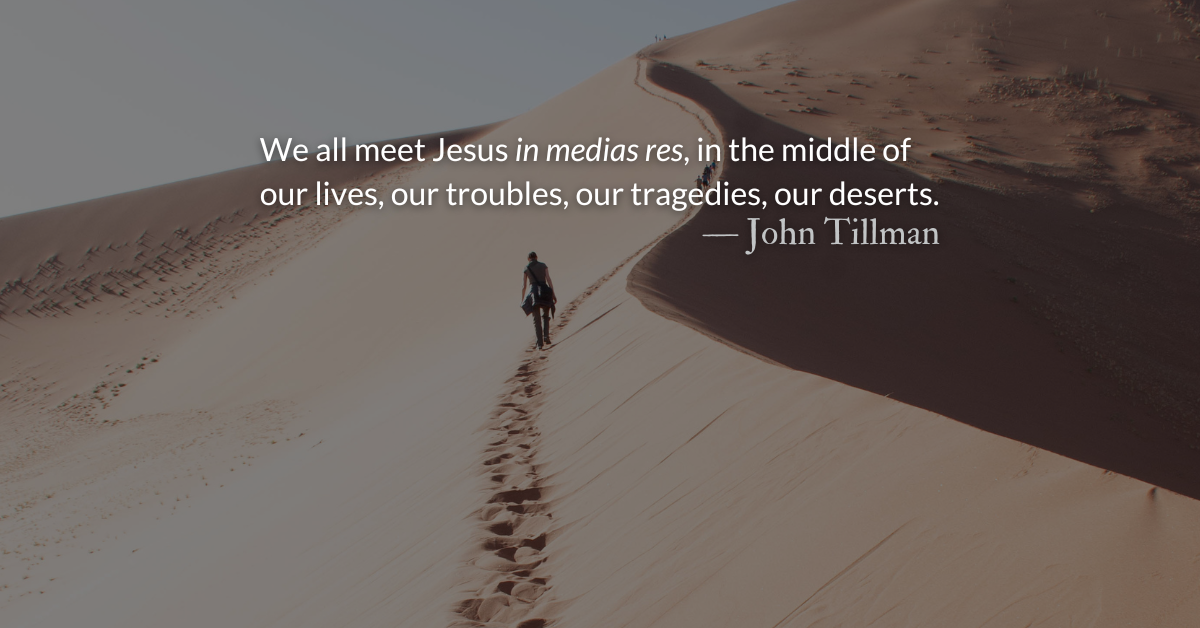Scripture Focus: Proverbs 24:10-12
10 If you falter in a time of trouble,
how small is your strength!
11 Rescue those being led away to death;
hold back those staggering toward slaughter.
12 If you say, “But we knew nothing about this,”
does not he who weighs the heart perceive it?
Does not he who guards your life know it?
Will he not repay everyone according to what they have done?
Mark 14:38
38 Watch and pray so that you will not fall into temptation. The spirit is willing, but the flesh is weak.
Reflection: A Prayer for Times of Trouble
By Erin Newton
In the twilight hours before the cross, Jesus slipped into the garden to commune with the Father. His words spilled out into the world, “Abba, let this cup pass.” It was an hour of great need. The time of trouble was upon him. The great Creator of the world was hours away from death, minutes away from betrayal. Would he falter? Would he back away now?
He leaned down toward his friends and told them to watch and pray. He continues to call us to watch and pray:
Dear Lord, within the garden, give us the strength to endure the night.
The spirit is willing, but the flesh is weak.
Your word declares wisdom as the source of our strength. Wisdom builds houses and guides us to victory. But we falter in times of trouble. Our faith is indeed small. Give to us strength through wisdom—not the power of our hands but the understanding of our hearts.
The spirit is willing, but the flesh is weak.
Open our eyes to those who are perishing around us. Blind us from our own ambitions and comforts. Crucify the desires that serve only ourselves. Let us not slumber as you plead for the souls of this world.
The spirit is willing, but the flesh is weak.
For we can never truly say we did not know. You pointed to the harvest and told us it was ready. You told us to look after even the least of these. You gave the care of your mother to your beloved friend. We are all now your beloved friends.
The spirit is willing, but the flesh is weak.
Lord, there is no corner of our hearts to which you are blind. All our motives, all our ambitions, all our desires are laid bare before your watchful eye. You who hold our lives now send us out into the dying world.
Your spirit was willing, and you were never weak. You rescued us as we staggered toward death. You knew the price that had to be paid. Grant us the strength of a crucified life that only comes through wisdom.
After Jesus prayed, the kiss of betrayal was laid upon his cheek. He was led from trial to torture to death with full acceptance that the cup would not pass. This is our example of wisdom. This is our example of not faltering in times of trouble.
Divine Hours Prayer: The Request for Presence
Early in the morning I cry to you, for in your word is my trust. — Psalm 119.147
– From The Divine Hours: Prayers for Summertime by Phyllis Tickle.
Today’s Readings
Proverbs 24 (Listen 3:47)
Mark 14 (Listen 8:37)
Read more about Baring Your Soul
Jesus modeled this in his darkest moments in Gethsemane. “Take this cup away” is balanced with a trust in God’s will.
Read The Bible With Us
It’s never too late to join our Bible reading plan. Immerse in the Bible with us at a sustainable, two-year pace.











